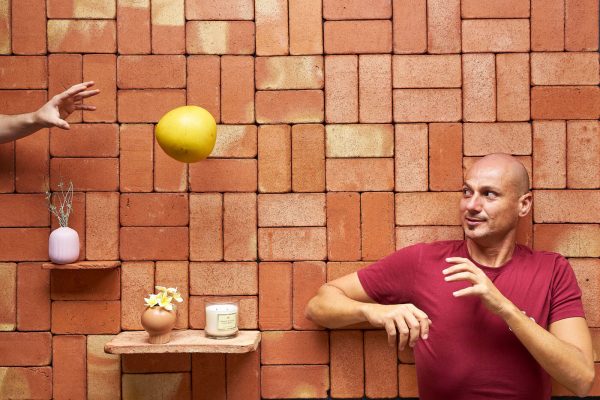
Pedro Rosa, CEO of todobarro: “environmental sustainability requires more creativity than resources”
We chat with Pedro Rosa, CEO of todobarro, about the experience of the alboranic biodiversity island and what it takes for environmental sustainability to belong in a company
A few weeks ago, we interviewed doctor Enrique Salvo Tierra, Head of Botanicals in the University of Malaga. We asked him to talk to us more about the Island of Albonaric Biodiversity: an experimental sustainability model, fruit of his investigations, implemented for the first time in the surroundings of todobarro’s workshop.
On this occasion, we chatted with Pedro Rosa, CEO and co-founder of todobarro. We asked him about how this experience is for him, and what lies beneath a conscious company.
What -or whom- is behind the environmental sustainability of a conscious company
Question: How did todobarro get here? How does environmental sustainability get to be at the heart of the company?
Answer: Our factory is a traditional tile shop in Vélez-Malaga. The territory where it lies is according to town planning classified as farming land, not industrial land. We are surrounded by avocado farms and other fruit and vegetable production.
Since I started working in the shops (many years ago now, when we started prototyping our tiles), I’ve seen a great deal of wildlife around: chameleons, toads, all kinds of birds…
As the tile shop grew, bigger and bigger chunks of land were being paved. It seemed as if growing and expanding our business was synonymous with damaging the local wildlife. Then started to emerge the compensatory ideas: we don’t we try to compensate for the loss of natural terrain with the creation of habitats in the area where animals would thrive.
When we started to implement these measures, the shop became an eco-shop.
It seemed as if growing and expanding our bussines was synonymous with damaging the local wildlife
Question: Tell us more about the compensatory measures: what are they and why are they important?
Answer: The mission of the factory is to create sustainable products, but we wanted to go beyond that; to relate and integrate with the environment. In that manner, I also fulfill a personal aspiration, which has to do with my passion for nature. I grew up with my grandparents, surrounded by orchards, wild gardens and all kinds of animals.
On the other hand, these compensatory measures respond to a differentiation strategy for our company.
To me, environmental sustainability is not just about the product: it is also the philosophy that accompanies its development. In our case, that philosophy is to be proactive in the development of measures and actions that help the native fauna.
Luckily (or better said, because of this philosophy), we have built a team that shares these same values of love and sensibility for nature. If, on top of that, we can develop professionally and make a living, what’s better than that?
Environmental sustainability is not just about the product: it is also the philosophy that accompanies its development
Question: Once you undertake a proactive approach, how do you get to know the Island of Alboranic Biodiversity project?
Answer: In our business model, the collaboration with like-minded people and entities is primordial.
We were in the developing stages of a product that involved the cropping and insertion of plants in its very design. During the prototyping phase, we thought that we could offer our clients a plus of consultancy, and explain to them not just how to maintain, care for and clean the product, but which species to plant.
To offer this service logically and efficiently, we contacted Aguesa, an environmental consultancy and engineering agency that advised us on that project. They also oriented us as to which plants we should grow in our very own offices.
Pedro, Aguesa’s CEO, is also working at the Climate Change Chair at the University of Malaga, and he was the one to put us in touch with Enrique Salvo Tierra, head of the CCC. They brought to us the climatic biodiversity island model.
The bureaucracy to carry out this kind of initiatives with support from the Administration is a nightmare
Question: What, in your opinion, drew Doctor Salvo Tierra to the project?
Answer: I think what caught Enrique’s attention at first was the amount of plants we were introducing into the office, which I wanted to re-naturalize.
He decided to come see us, and started to consider these might just be the place to try out his experimental model. He had the knowledge and the theory, and we had the means and the willingness. The bureaucracy to carry out this kind of initiatives with support from the Administration is a nightmare, which is why we wanted to start right away on our own: to save time and lead by example.
Question: According to Salvo Tierra, todobarro’s model is the paradigm to follow. Not just by other companies related to craftsmanship, but by the private sector in general. This is an issue that generates an overall hostile response from private companies. How difficult is it to be a truly sustainable company?
Answer: Environmental sustainability is not difficult: the problem is that easier, cheaper options are usually very harmful to the environment. It doesn’t take a lot of economical resources to be sustainable, but it takes a lot of initiative, patience and creativity to make up for it.
One also has to go against the grain: we’ve been told thousands of times that we are crazy. The general consensus is that we waste our time with initiatives that don’t make a direct impact on the economic growth of the company in the short term, but my analysis of that stance is that there’s a general lack of big-picture vision. Yes, repopulating a piece of land with species that aren’t that common in local nurseries is more difficult than planting a bunch of pines. But nowadays there are resources and ways to do it. Is not that difficult.
Environmental sustainability is not difficult: the problem is that easier, cheaper options are usually very harmful to the environment
Question: what is the hard part, then?
Answer: I’d say the hardest part is getting other people to invest their time in thinking about this. As I said before, easy and fast is not usually sustainable. Companies think about short term numbers, and not where they are going to be in ten years. I think it will be then (once sustainability is a necessity, not a choice), we’ll be well on the lead.
Besides, this is something we thoroughly enjoy. It gets weirder and weirder having to explain it.
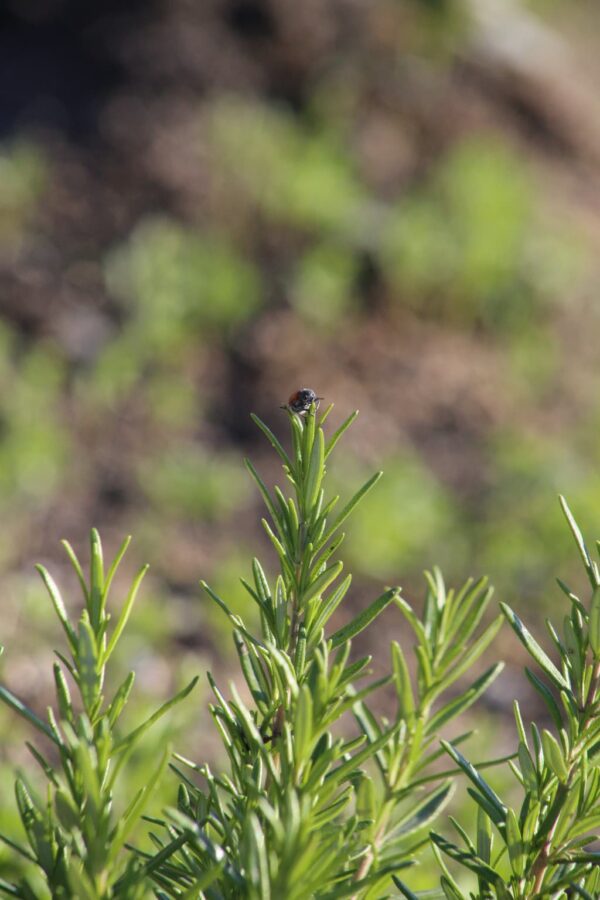
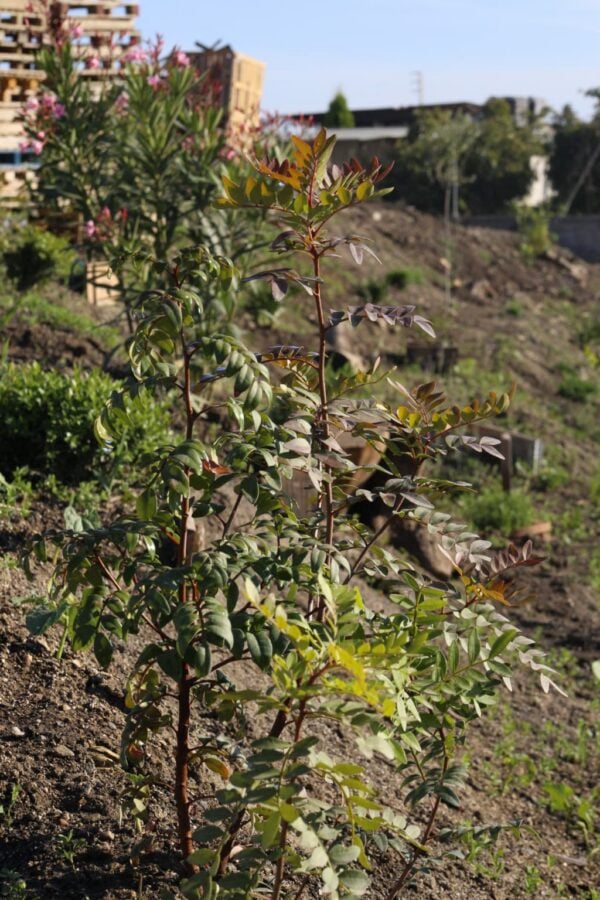
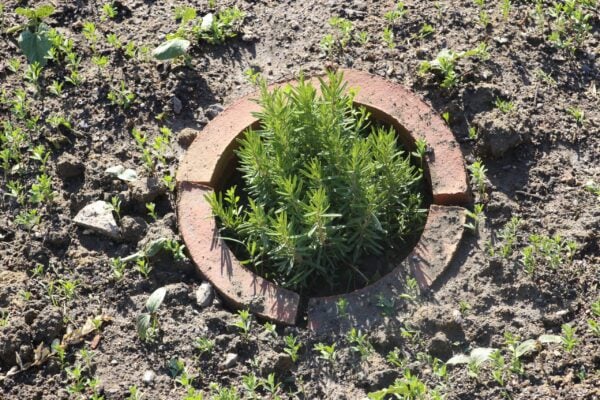
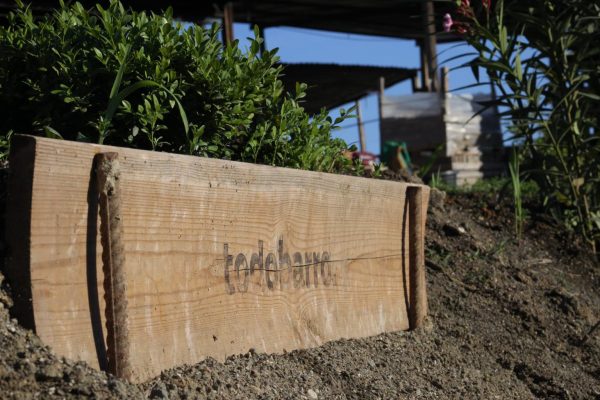
Top stories
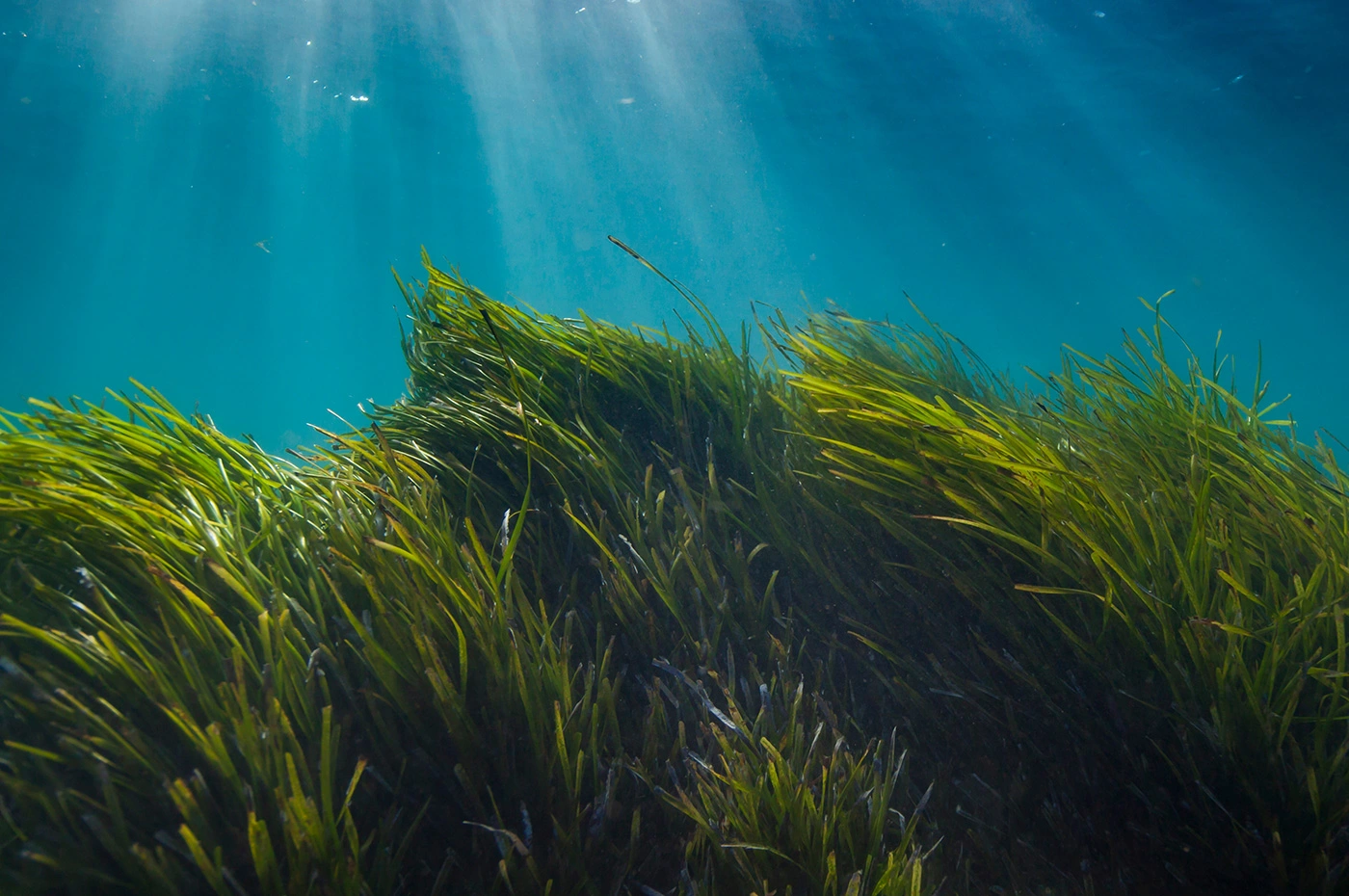
What is the Nature Restoration Law?
The Nature Restoration Law is a European regulation approved in 2024, aiming to ensure the necessary actions and initiatives to repair damaged ecosystems and…
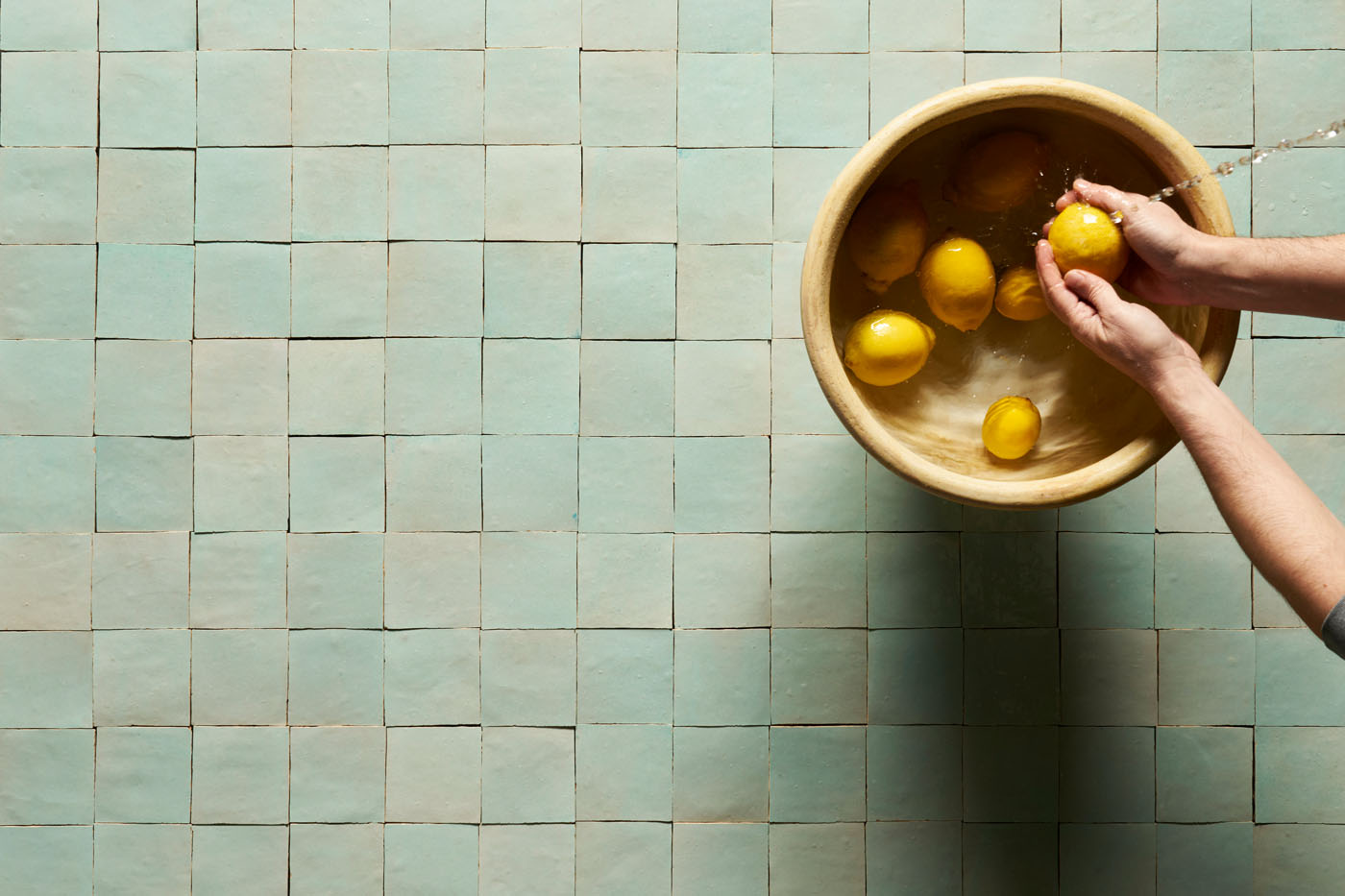
Acequias or irrigation ditches: an ancient knowledge making its comeback
“Acequias” (ditches) are one of the oldest existing systems of channeling and use of water. In the Iberian Peninsula we know them well: the…
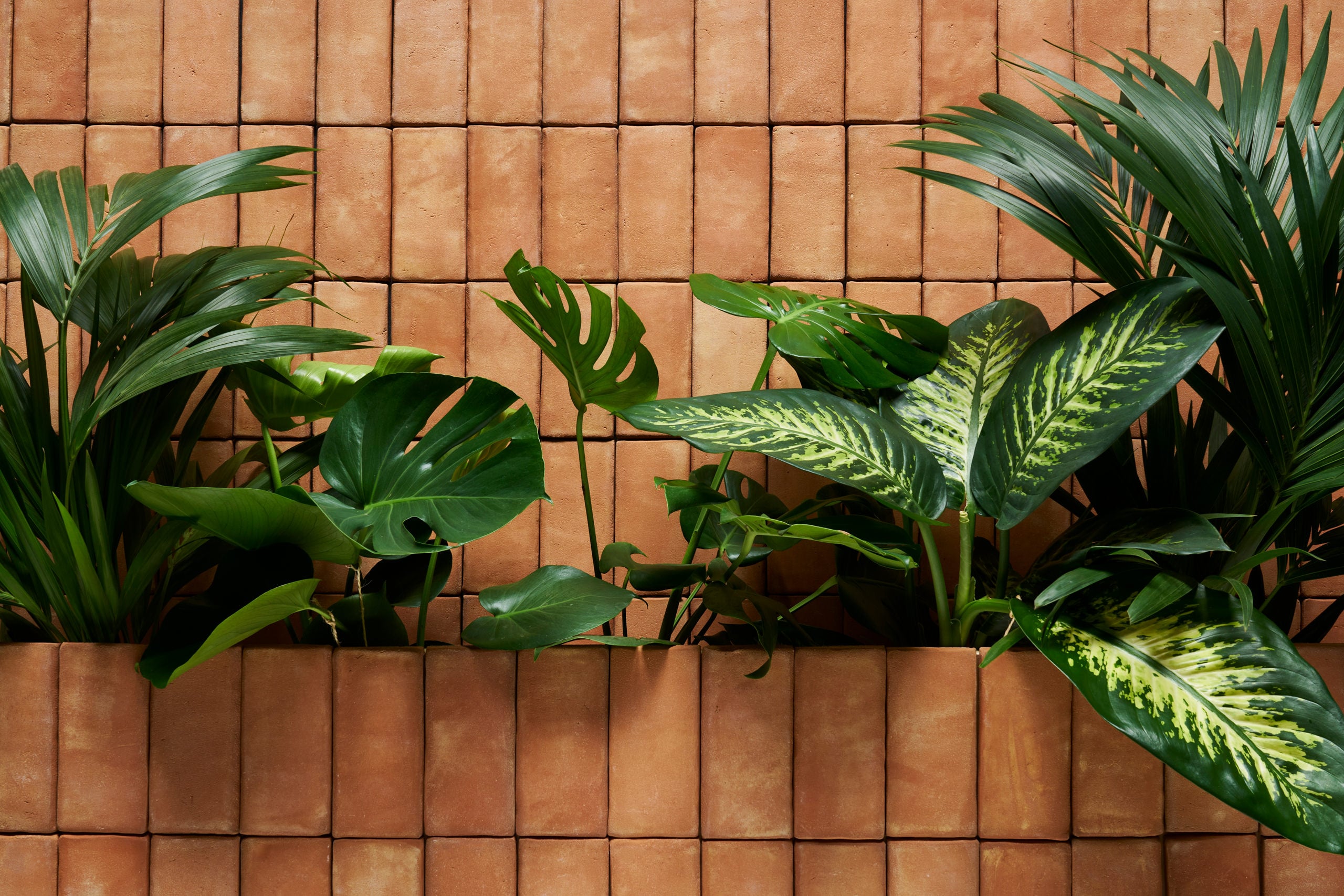
What is a compensatory measure?
By definition, a compensatory measure is an action aimed to restore or repair de negative environmental impact of any give activity -usually of a…
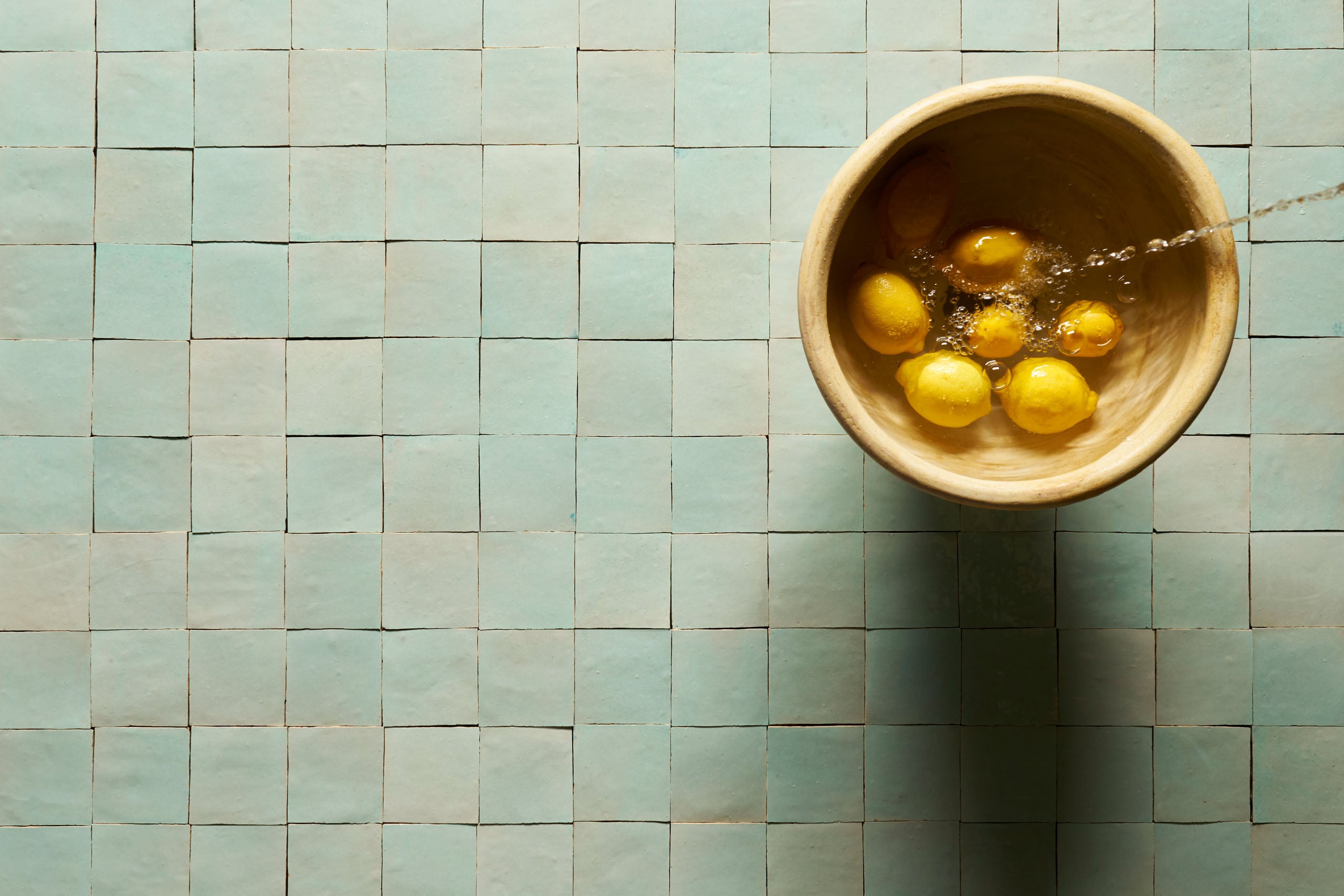
What are Zellige tiles?
The word zellige means ‘polished stone’ in Arabic. It refers to a type of traditional tile and mosaic technique characteristic of Morocco and the…



